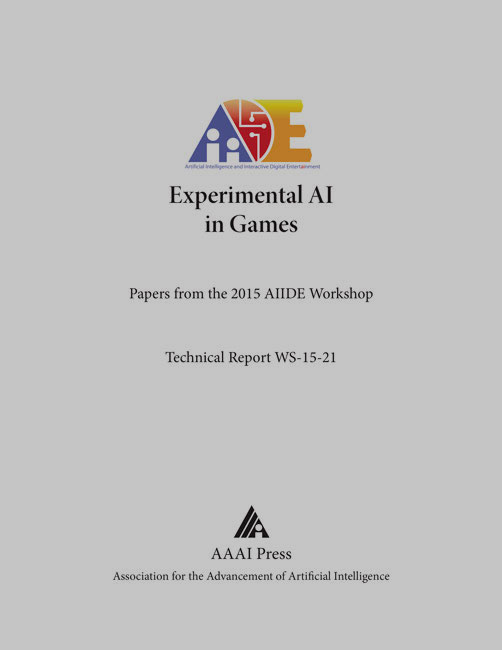The Marginal: A Game for Modeling Players' Perceptions of Gradient Membership in Avatar Categories
DOI:
https://doi.org/10.1609/aiide.v11i3.12819Keywords:
archetypal analysis, clustering, cognitive categorization, identityAbstract
We encounter the results of category formation every day, from demographic categories like race and gender, to role-playing-game classes like "fighter" or "mage". Category membership is often not simply based on the possession of discrete properties but instead constructed from and reflect the highly nuanced relationships (gradience) between members and best-example individuals called "prototypes". In this paper, we present The Marginal, an artificial intelligence (AI)-driven game that (1) computationally models the cognitive categories that players develop when customizing videogame avatars and (2) generates challenges for players to use their perception of visual, textual, and numerical data to progress in a game created using these models. We use archetypal analysis, an AI clustering approach for identifying boundary points in data, to generate tasks in The Marginal for its gameplay. It shows how AI can be combined with games to model and evaluate cognitive categorization phenomena.

